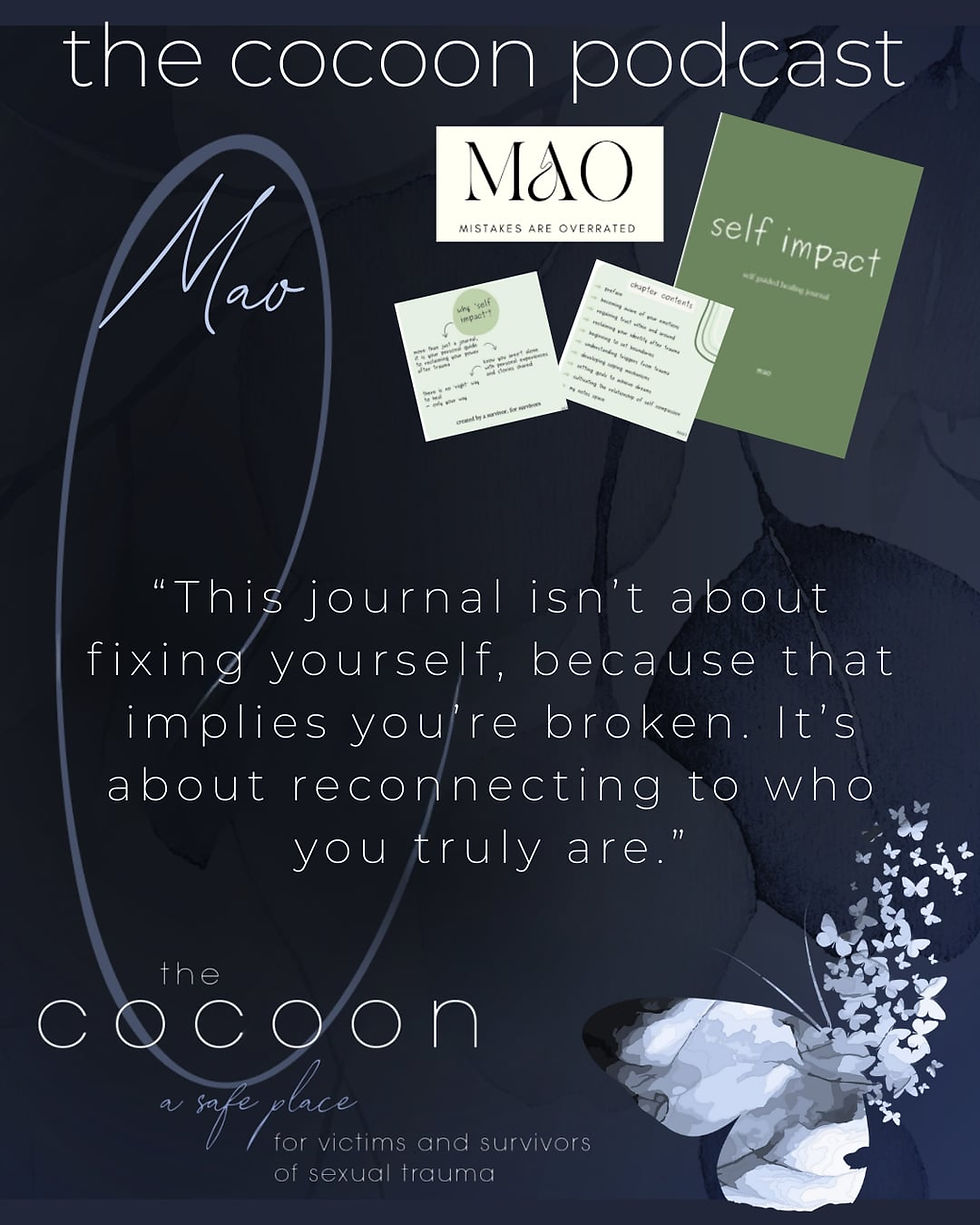#EmbraceEquity
- tina5763
- Mar 8, 2023
- 4 min read
Trigger Warning: childhood sexual abuse and physical violence referred to.
I don't know what inspired me to believe that education would be my saviour when I was a little girl, but I am grateful that whatever it was did and that I listened. In my darkest and loneliest times growing up, I would escape into books and music, and believe it was all temporary because education would free me from that life.
And, it has.
I grew up in the seventies in Campbelltown, in southwest Sydney. Mum and dad had worked hard and sacrificed to buy their first home; we had been living, four of us, in a one-bedroom flat on Petersham Road in Marrickville. New homes always herald hope and new starts.
They don't always offer that though.
My dad had to work long hours to provide that home for us. Coming from his own childhood trauma: the death of his mother, being removed to an orphanage, second World War Germany, he felt stressed and anxious more often than not. And realistically, trauma and the impact of the war weren't really talked about or even acknowledged in the seventies. So, in our home, there was a lot of violence, extreme emotional dysregulation, a lot of unresolved pain and shame.
I didn't really ever see love between my parents; once, my dad kissed my mum affectionately, but this was in the next house, and there are far more memories of blood, pain and yelling, than love. Still, I remember this moment. They were in the kitchen. I was sitting at the dining table. It happened through like a serving window, like a framed picture. Maybe that is why I also remember it. A snapshot of a unique moment in time, a moment of affection.
Growing up in that house though, I think the story I told myself most was that I wasn't enough - I wasn't enough to stop the fighting, or the yelling, or the tears. I would scream at my parents, tears streaming, begging for them to stop. A little girl. Alone. Expressing needs that went unmet. And at night, I would fervently pray to and bargain with God for him to make it stop when I couldn't.
It didn't.
Not for years.
My story evolved. I wasn't enough and I was only of value if I was of service to others, men in particular, but I have since generalised that to include all people. An unsafe home left the door open to other forms of violence and left me vulnerable as my parents encased themselves in their own traumas.
Interestingly, I am finding it hard to write about this.
I have snapshots of moments of sexual abuse. One video reel. Different perpetrators. I sometimes feel so removed from these memories that I question their reality myself. But my body remembers, even when my mind cannot.
It was an unsafe home. I know this. And our neighbours knew it.
Is it any wonder that for most of my adult life I have felt safer alone than in the company of others.
Two migrant parents.
A home filled with physical and sexual and psychological violence.
Walking on eggshells.
Unheard. Unseen.
I am amazed that I function as well as I do. I didn't always.
Embrace Equity is the 2023 theme for International Women's Day. Equity means inclusion, fairness and justice. This year's theme acknowledges that we do not live in a world where everyone has the same access to all the good things; we all start in different places based on experiences, attachments and access to resources.
As a result, equal opportunities are not enough. For true equality, the circumstances of one's life, including around trauma, need to be mitigated in some way. For true equality, a stronger foundation of equity needs to be forged first.
I like to see us here as activists forging equity. We are evening out the playing field by providing opportunities for victims and survivors to reclaim their voice and their lives, to be empowered and educated, to embrace their full potential.
Sexual trauma can be debilitating. Not permanently, but depending on the support a person receives, the impact can last years, decades, even a lifetime. It can stop victims from fulfilling their potential and losing hope in their dreams. It can take victims down paths that they never anticipated. It is a lonely path, an alone path, because the guilt, the shame, the pain, can be too hard to share. And then, when we share, if we share, and we are not believed, or the person hearing our story doesn't know what to do, we can still feel unheard and unseen and it becomes a vicious cycle of shame and guilt and aloneness.
Let's eradicate the stigma and shame around sexual trauma.
Let's listen to the stories of victims and survivors and believe those stories.
Let's remind them that it isn't their fault.
Let's give them hope that their futures can be different.
Let's change the systems that keep victims and survivors shackled.
Together.
Let's embrace equity for a fairer future.






Comments